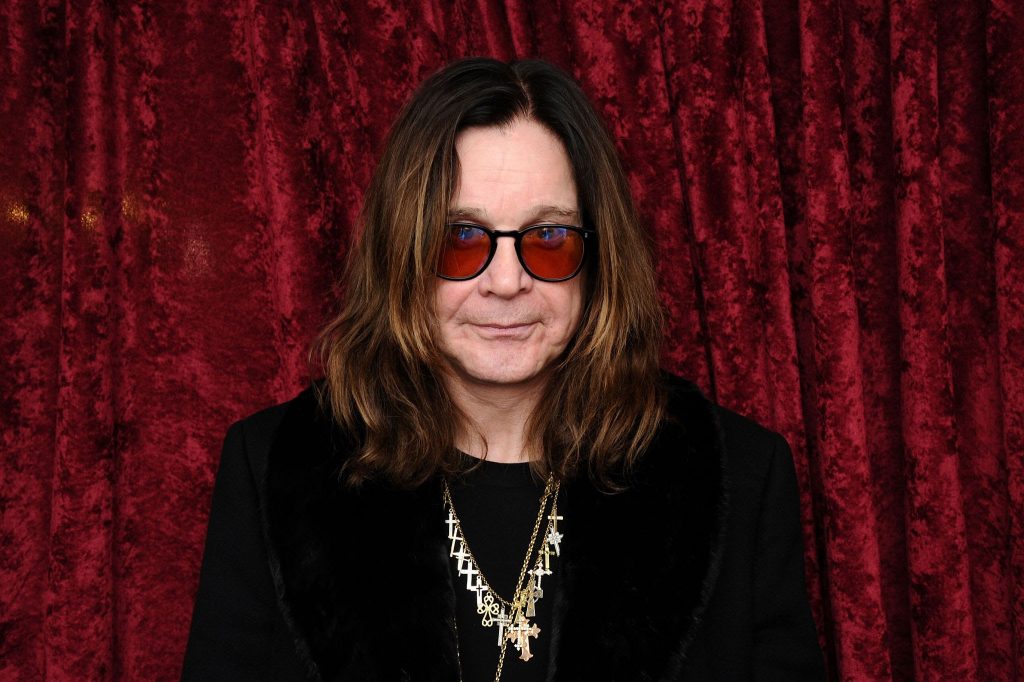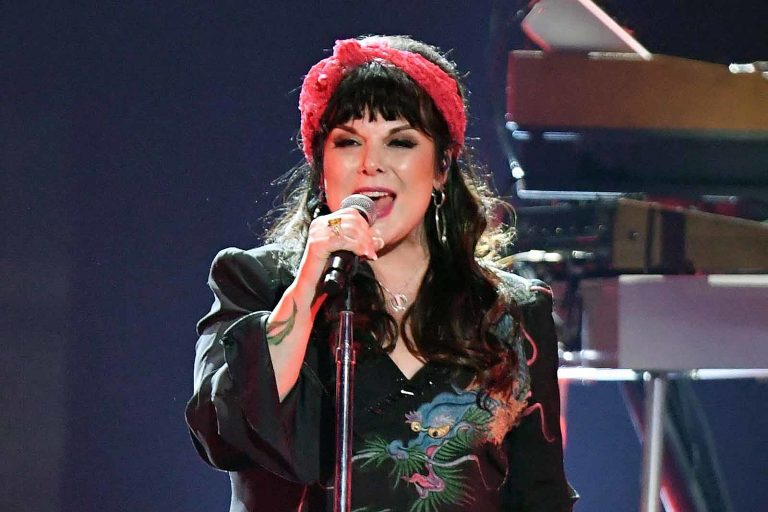In a conversation on The Hook Rocks podcast, the guitarist revealed that Skid Row hasn’t yet chosen a new lead singer following Erik Grönwall’s departure. He commended Lzzy Hale for her impressive performance while filling in and mentioned that the band is open to both male and female vocalists. When asked if his stance on reuniting with Bach had changed, Sabo said:
“Well, the answer has been the same for — I don’t know — 20,000 years now. It’s not gonna happen. And I say the same thing every time. I’m thankful that people have such an interest in wanting to see that happen, but I also have to reiterate that this is about being happy in the situation that you’re in. So I’ll speak for myself personally.”
Later in the interview, Sabo explained that he, Scotti Hill, and Rachel Bolan all agree that they don’t want to reunite with Bach. They are content with the current band lineup and prefer to avoid any past conflicts. He emphasized that their decision isn’t about ego or money:
“We’ve been just ripped apart by ex-members of the band and stuff — ripped apart. Some really sh*tty stuff [has been] said about all of us. And we just choose not to [respond]. It’s not who I am. It’s not who we are. We won’t go down that road. We just wanna play music and be happy.”
Sabo acknowledged that they had received lucrative offers to reunite with Sebastian Bach:
“This has really never been about a monetary aspect of things because it’s known that we’ve been offered a good amount of money to do shows together and to reunite [with Sebastian] and whatever, but it’s just never been about the money, man.”
Sabo emphasized the importance of maintaining his happiness and well-being:
“I choose my happiness, my willingness to continue to be a really good friend to my best friends and a really good husband and a really good dad and bandmate and person. And I don’t wanna endanger that in any way. So the people that we choose to play with, those choices are made in order to keep those particular things in line for all of us.”
Conversely, Sebastian Bach remains hopeful about a potential reunion with Skid Row. In an interview with Eddie Trunk earlier this month, Bach expressed his belief that a reunion could happen:
“I can just tell the world that there’s a good chance that’ll happen because there’s no f*cking reason not to. Because right now why it hasn’t happened is a miscommunication. That’s all I can say. There’s a miscommunication.”
Bach also shared his dream of a peaceful reunion, although he often has nightmares about being unprepared and forgetting important gear. Grönwall left the band in March due to his battle with acute lymphoblastic leukemia, which has made touring difficult for him. Lzzy Hale is now fronting the band for their upcoming shows.










